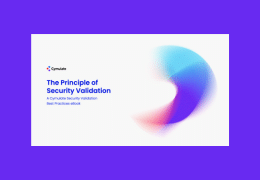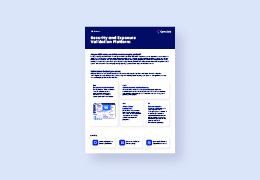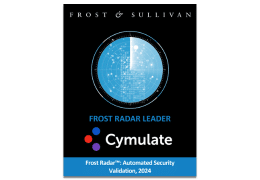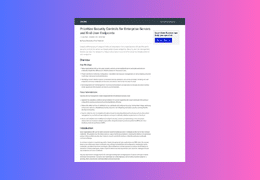This is the third time a custom data exfiltration tool appears to have been developed by ransomware operators, following the earlier discovery of the Ryuk Stealer tool and StealBit, which is linked to the LockBit ransomware operation.
Exmatter is compiled as a .NET executable and obfuscated.
When run, it checks its command line arguments for the following strings: “nownd” and “-nownd”.
If either is found, it attempts to hide its own window by calling the “ShowWindow” API as follows:
ShowWindow(Process.GetCurrentProcess().MainWindowHandle, 0);
In order to identify files for exfiltration, it will retrieve the drive names of all logical drives on the infected computer and collect all file path names, disregarding anything under the following directories:
C:Documents and Settings
C:PerfLogs
C:Program FilesWindows Defender Advanced Threat ProtectionClassificationConfiguration
C:Program FilesWindowsApps
C:ProgramDataApplication Data
C:ProgramDataDesktop
C:ProgramDataDocuments
C:ProgramDataMicrosoft
C:ProgramDataPackages
C:ProgramDataStart Menu
C:ProgramDataTemplates
C:ProgramDataWindowsHolographicDevices
C:Recovery
C:System Volume Information
C:UsersAll Users
C:UsersDefault
C:UsersPublicDocuments
C:Windows
It will also exclude files of less than 1,024 bytes in size and files with the following attributes:
FileAttributes.System
FileAttributes.Temporary
FileAttributes.Directory
It will only exfiltrate files with the following extensions:
.doc
.docx
.xls
.xlsx
.pdf
.msg
.png
.ppt
.pptx
.sda
.sdm
.sdw
.csv
It attempts to prioritize files for exfiltration by using LastWriteTime.
Files that match the criteria are then uploaded to a remote SFTP server using the following parameters:
Host: 165.22.84[.]147
Port: 22
Exmatter also includes SOCKS5 configuration, but this is not used:
Host: 10.26.16[.]181
Port: 1080
When it has finished exfiltrating data, Exmatter starts the following process to remove any trace of itself:
Filename: “powershell.exe”
Arguments:
-WindowStyle Hidden -C $path = ‘[FILEPATH_OF_THE_EXECUTING_SAMPLE]’;Get-Process | Where-Object {$_.Path -like $path} | Stop-Process -Force;[byte[]]$arr = new-object byte[] 65536;Set-Content -Path $path -Value $arr;Remove-Item -Path $path;
This will attempt to overwrite an initial chunk of the file before deleting it.
Multiple variants of Exmatter have been found, suggesting that the attackers have continued to refine the tool in order to expedite exfiltration of a sufficient volume of high value data in as short a time as possible.
In a second variant, the directory “C:Program FilesWindows Defender Advanced Threat ProtectionClassificationConfiguration” has been replaced with “C:Program FilesWindows Defender Advanced Threat Protection” on the exclusion list.
The file types “.xlsm”, and “.zip” were added to the inclusion list.
A third version of note added a WebDav client.
The code structure suggests that SFTP remains the first choice protocol, with WebDav acting as a backup.
The WebDav client uses the following URL:
https://157.230.28[.]192/data
The following file types were also added to the inclusion list:
.json
.config
.ts
.cs
.js
.aspx
.pst
In addition to this, Exmatter is configured to skip exfiltration for files with names containing any of the following strings:
OneDriveMedTile
locale-
SmallLogo
VisualElements
adobe_sign
Adobe Sign
core_icons
A fourth variant contained updated SFTP server details:
Host: 159.89.128[.]13
Port: 22
The WebDav client used the following updated URL:
https://159.89.128[.]13/data
Finally, the list of files for inclusion was updated by removing “.png”.
BlackMatter is linked to the Coreid cyber crime group, which was previously responsible for the Darkside ransomware.
For the past 12 months, it has been one of the most prolific targeted ransomware operators and its tools have been used in a number of ambitious attacks, most notably the May 2021 Darkside attack on Colonial Pipeline that disrupted fuel supplies to the East Coast of the U.S.
Coreid operates under a RaaS model, working with affiliates to conduct ransomware attacks and then taking a share of the profits.
Like most ransomware actors, attacks linked to Coreid steal victims’ data and the group then threatens to publish it to further pressure victims into paying the ransom demand.
Whether Exmatter is the creation of Coreid itself or one of its affiliates remains to be seen, but its development suggests that data theft and extortion continues to be a core focus of the group.





